“The focus of the report is not only on students’ academic achievement but also their social, emotional and motivational well-being.” – Francesca Borgonovi
Diversity has always been at the heart of human progress.
Data from the Programme for International Student Assessment (PISA) reveals an estimated 4.8 million immigrants arrived at OECD countries in 2015, an increase of about 10% over the previous year, with family reunification and free movement across borders each accounting for about a third of these entries. The recent wave of immigration has reinforced a long and steady upward trend in growing social, cultural and linguistic diversity.
Effective education and social policies are necessary in order for immigrant children to assimilate successfully into society and unlock their true potential. But ensuring that students with an immigrant background have good well-being is difficult because many foreign-born students, the children of foreign-born parents, or mixed-heritage students need to overcome the adversities related to displacement, socio-economic disadvantage, language barriers and the conflicting pressures involved in forging a new identity – often all at the same time.
A new report, “The Resilience of Students with an Immigrant Background: Factors that Shape Well-Being,” underlines the significant role education systems, schools and teachers can play in helping immigrant students integrate into their communities better.
The report’s author, Francesca Borgonovi, is an analyst in the Directorate for Education and Skills at the OECD where she has been responsible for data analysis and analytical work in the PISA and the Survey of Adult Skills (PIAAC), with a particular focus on gender and socio-economic disparities in academic achievement, and student engagement with and at school.
The Global Search for Education welcomes Francesca Borgonovi.
“We believe that providing both arts and sports in schools and in extracurricular activities are important to support the growing diversity arising from international migration.” – Francesca Borgonovi
Francesca, what would you say is unique about this study?
This report is unique in that it considers the role education systems can play in supporting students with an immigrant background and their families to overcome the adversity that is inherent in displacement by focusing not only on students’ academic achievement but also their social, emotional and motivational well-being. Because the focus of the report is on the whole child and the vulnerability that displacement can create, the report not only broadens the dimensions of resilience, but also shows which groups may be vulnerable.
Traditionally, analyses based on data from PISA considered students with an immigrant background those who have two foreign-born parents, and subsequently distinguished them between foreign-born students and native-born students. This report considers two additional groups: returning foreign born students and students of mixed heritage. It illustrates that while in most countries these students perform only marginally less well than native born students, they often face a lower sense of belonging and life satisfaction. The report also examines the risk and protective factors for an individual, and school system levels that can support students and help them succeed.
“Diversity: the art of thinking independently together” – What more needs to be done to promote the Strength through Diversity project?
The Strength through Diversity project is new and relatively unknown, so many people and countries do not know how they could benefit from the project outputs. The project is developing a series of in-depth analyses on the outcomes of immigrants as well as how education systems can promote social cohesion by helping native populations develop openness towards diversity. But the key to the project is that it aims to develop a community of practitioners in member countries and beyond as well as provide in depth support to individual countries that would like to learn from international experiences. It supports countries with particular policy challenges in schools through its targeted country spotlight series. Work has already begun in areas such as Sweden and Chile. Sharing information about the project and project findings among networks can raise awareness and promote the project overall so that more countries, more institutions and more individuals can benefit.
“While extracurricular activities have mainly positive benefits for every student, they can be particularly beneficial for students with learning disabilities and from disadvantaged backgrounds.” – Francesca Borgonovi
We are seeing innovative learning programs around the world using the liberal arts and sports to promote diversity, inclusion and overall well-being in schools. What are your thoughts on expanding extra-curricular activities to support the growing diversity that’s arising from international migration?
We believe that providing both arts and sports in schools and in extracurricular activities are important to support the growing diversity arising from international migration. Participating in arts and sports should be available for all students, not only economically advantaged ones. In fact, the report on resilience shows that allocating resources to after-school activities can make a difference in helping immigrant students integrate better. Research indicates that both sports and arts can have positive effects on participants’ academic and well-being outcomes. More specifically, they can improve students’ sense of belonging, motivation and academic achievement. Extra-curricular activities can be a vehicle for strengthening social support systems, developing social skills and relationships, and enhancing neighborhood cohesion.
While extracurricular activities have mainly positive benefits for every student, they can be particularly beneficial for students with learning disabilities and from disadvantaged backgrounds. Through such activities, these students might assume leadership roles and demonstrate talents in ways that that might not be available to them in traditional classroom settings. Extracurricular activities might also allow students to meet and make friends with peers from different cultural and socio-economic backgrounds.
C. M. Rubin and Francesca Borgonovi
Join me and globally renowned thought leaders including Sir Michael Barber (UK), Dr. Michael Block (U.S.), Dr. Leon Botstein (U.S.), Professor Clay Christensen (U.S.), Dr. Linda Darling-Hammond (U.S.), Dr. MadhavChavan (India), Charles Fadel (U.S.), Professor Michael Fullan (Canada), Professor Howard Gardner (U.S.), Professor Andy Hargreaves (U.S.), Professor Yvonne Hellman (The Netherlands), Professor Kristin Helstad (Norway), Jean Hendrickson (U.S.), Professor Rose Hipkins (New Zealand), Professor Cornelia Hoogland (Canada), Honourable Jeff Johnson (Canada), Mme. Chantal Kaufmann (Belgium), Dr. EijaKauppinen (Finland), State Secretary TapioKosunen (Finland), Professor Dominique Lafontaine (Belgium), Professor Hugh Lauder (UK), Lord Ken Macdonald (UK), Professor Geoff Masters (Australia), Professor Barry McGaw (Australia), Shiv Nadar (India), Professor R. Natarajan (India), Dr. Pak Tee Ng (Singapore), Dr. Denise Pope (US), Sridhar Rajagopalan (India), Dr. Diane Ravitch (U.S.), Richard Wilson Riley (U.S.), Sir Ken Robinson (UK), Professor Pasi Sahlberg (Finland), Professor Manabu Sato (Japan), Andreas Schleicher (PISA, OECD), Dr. Anthony Seldon (UK), Dr. David Shaffer (U.S.), Dr. Kirsten Sivesind (Norway), Chancellor Stephen Spahn (U.S.), Yves Theze (LyceeFrancais U.S.), Professor Charles Ungerleider (Canada), Professor Tony Wagner (U.S.), Sir David Watson (UK), Professor Dylan Wiliam (UK), Dr. Mark Wormald (UK), Professor Theo Wubbels (The Netherlands), Professor Michael Young (UK), and Professor Minxuan Zhang (China) as they explore the big picture education questions that all nations face today.
The Global Search for Education Community Page
C. M. Rubin is the author of two widely read online series for which she received a 2011 Upton Sinclair award, “The Global Search for Education” and “How Will We Read?” She is also the author of three bestselling books, including The Real Alice in Wonderland, is the publisher of CMRubinWorld and is a Disruptor Foundation Fellow.
Follow C. M. Rubin on Twitter: www.twitter.com/@cmrubinworld

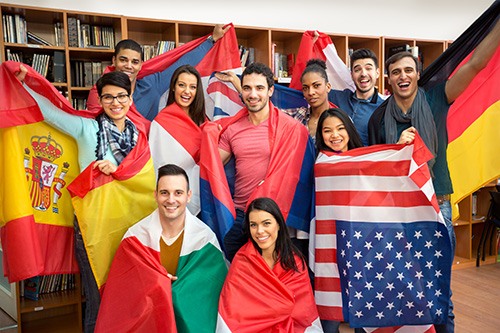
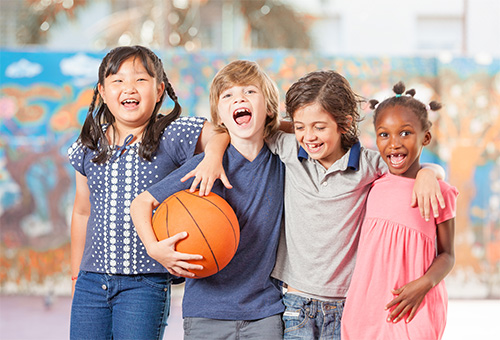
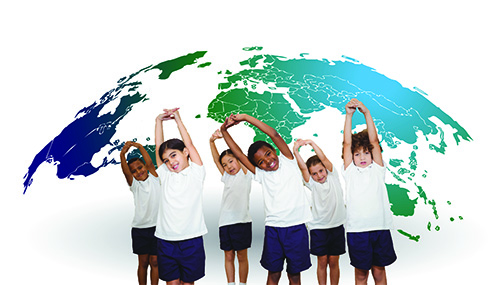
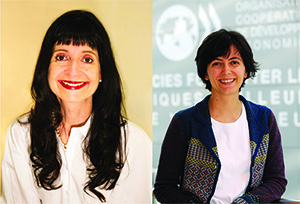


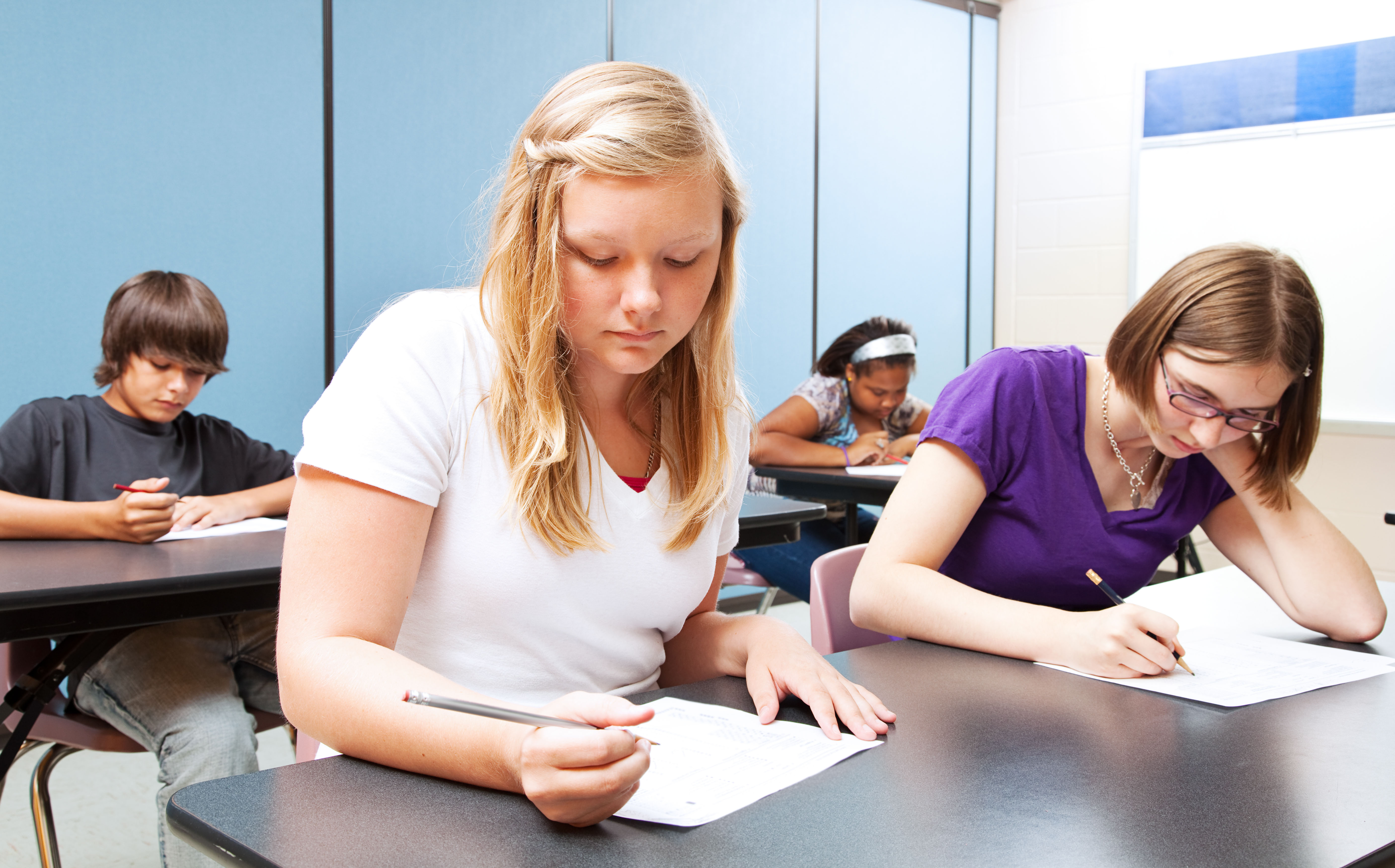
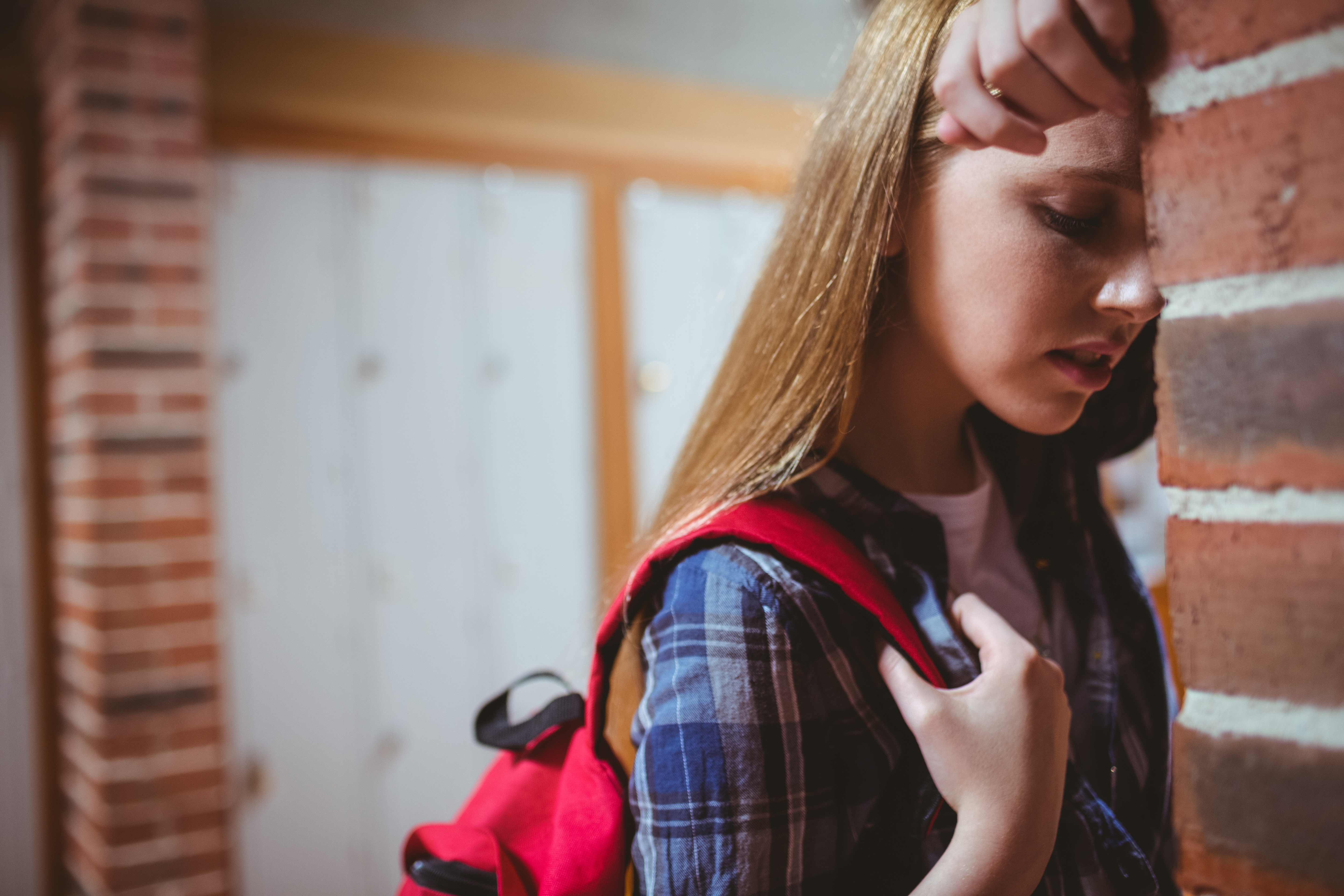
Recent Comments